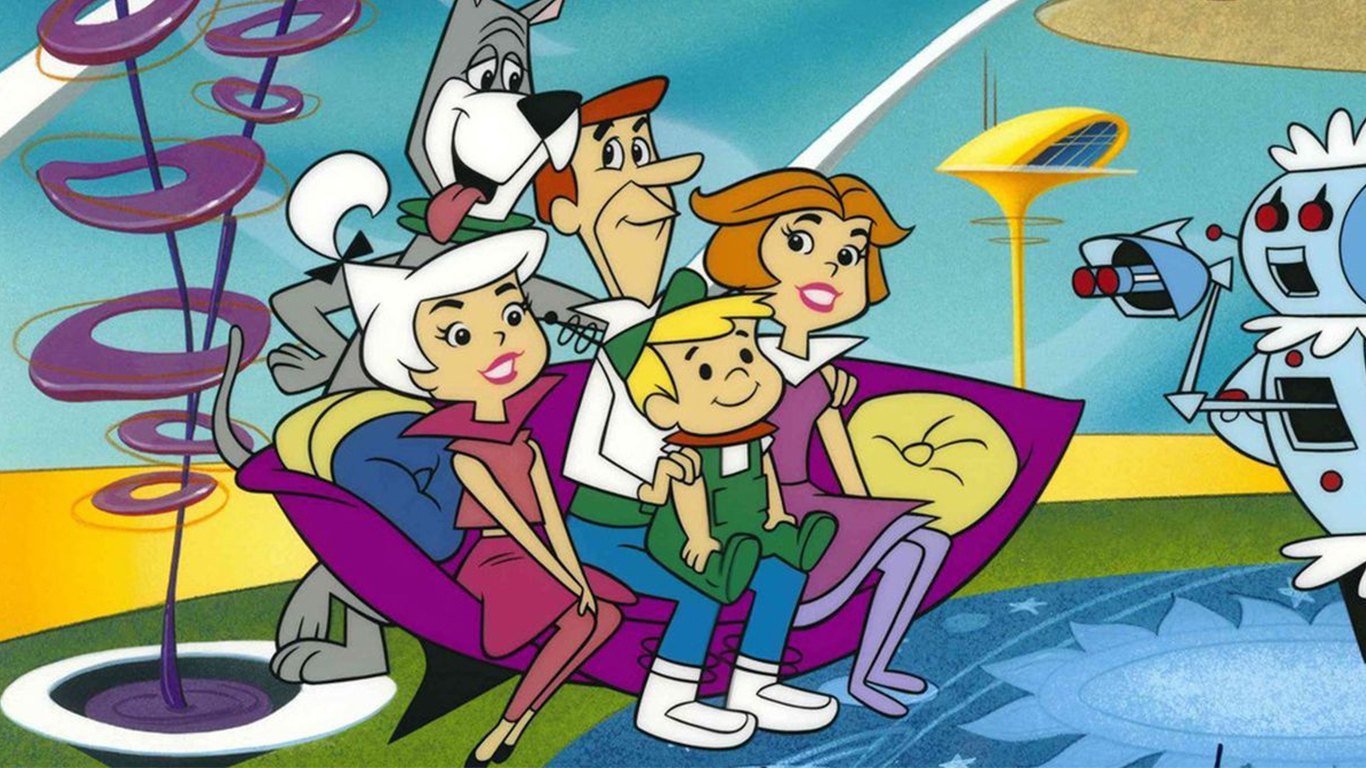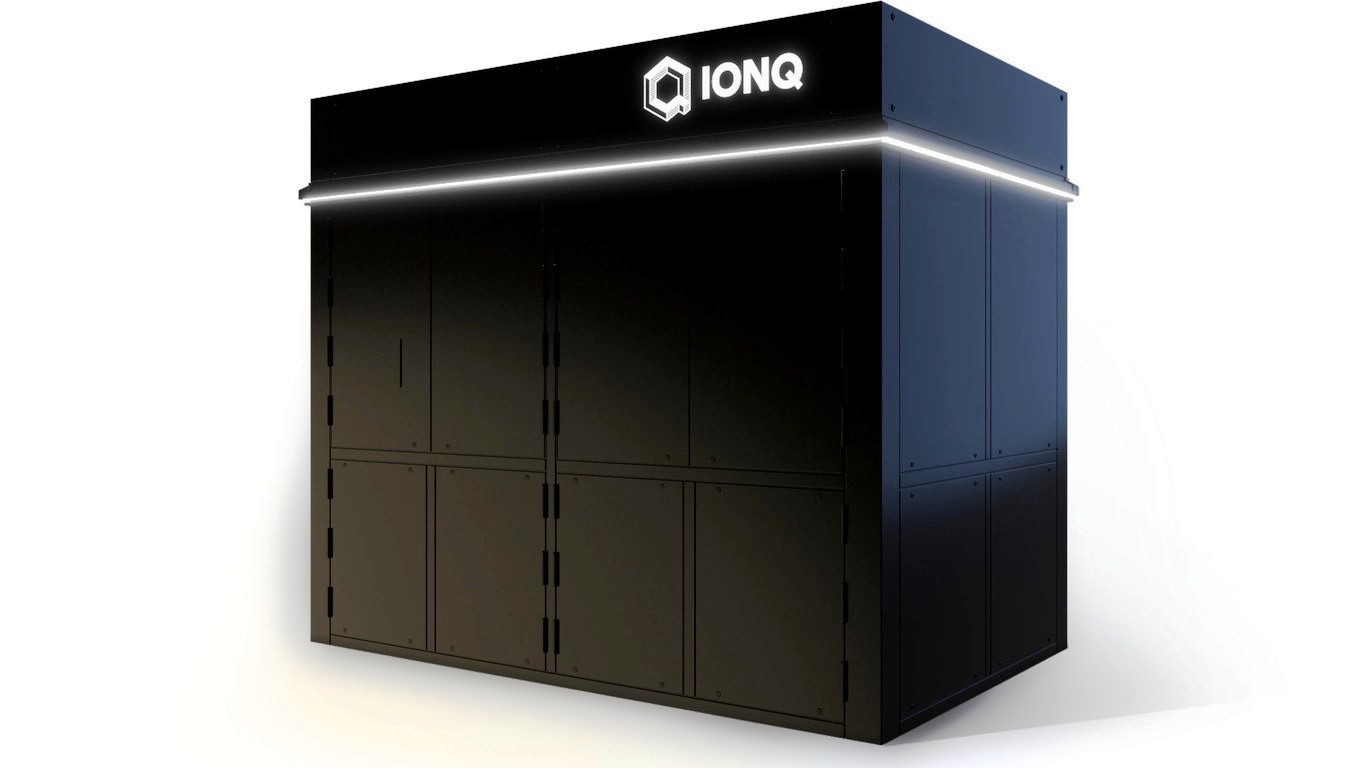
Advanced Micro Devices Inc. (NASDAQ: AMD) made waves in the market Monday morning following its presentation at the 2016 Game Developer Conference. The company revealed new advances in hardware and software to further the reach of virtual reality (VR), and it unveiled its new GPU certified program that simplifies adoption of VR technology for consumers and content creators.
The company appears to be also making VR more easily accessible to consumers and content creators with its GPU certified program featuring the new “Radeon VR Ready Premium” and “Radeon VR Ready Creator” tiers. Its forthcoming Polaris GPUs and award-winning AMD LiquidVR technology will simultaneously advance groundbreaking VR-optimized graphics.
AMD is powering the overwhelming majority of home entertainment VR systems around the world, with an estimated 83% market share, according to Jon Peddie Research as of March 11, 2016. This share is driven in part by AMD technology powering VR-capable game consoles installed in millions of homes globally.
Going forward this company is partnering with the Oculus Rift and HTC Vive Pre headset manufacturers to ensure the Radeon ecosystem is ready to take advantage of their hugely anticipated launches this year.
The company is also working with Sulon Technologies on the Sulon Q, which will be Radeon graphics and leveraging AMD’s LiquidVR technology for smooth and responsive AR and VR experiences.
Raja Koduri, senior vice president and chief architect of AMD’s Radeon Technologies Group, commented:
AMD continues to be a driving force in virtual reality. We’re bringing the technology to more people around the world through our efforts to expand the VR ecosystem with VR i-Cafés in China, new Oculus Rift and HTC Vive headsets, and a wide variety of content partners in gaming, entertainment, education, science, medicine, journalism and several other exciting fields.
Shares of AMD were trading up 8% at $2.70 midday Monday, with a consensus analyst price target of $2.36 and a 52-week trading range of $1.61 to $3.06.
Thank you for reading! Have some feedback for us?
Contact the 24/7 Wall St. editorial team.

 24/7 Wall St.
24/7 Wall St.



